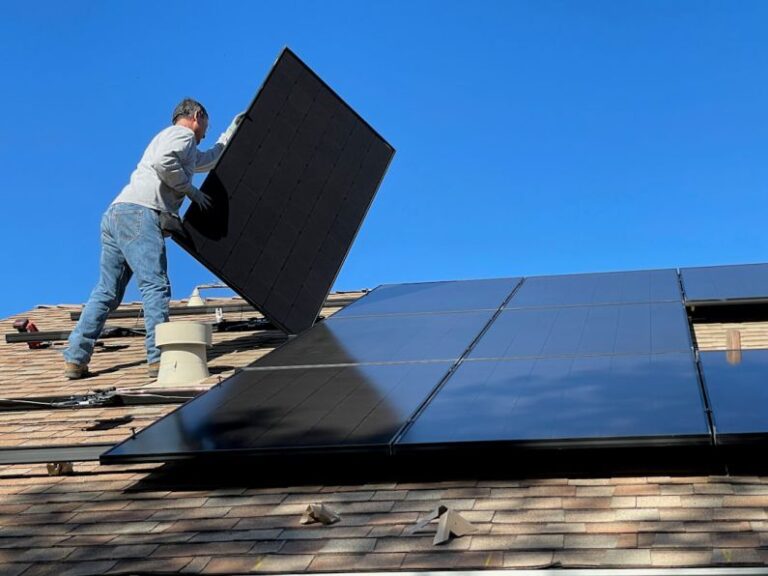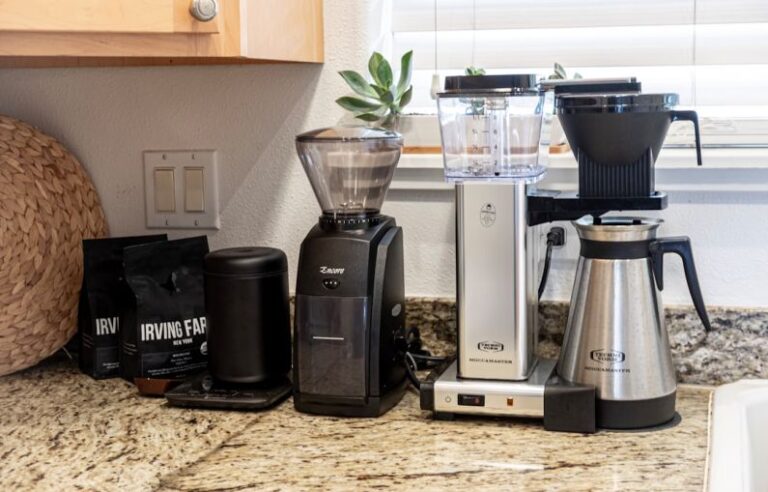
Smart Home Technology for Sustainable Living
In today’s fast-paced world, the integration of smart home technology has become increasingly popular as people seek ways to make their lives more convenient, efficient, and sustainable. By incorporating smart devices and systems into your home, you can not only enhance your quality of life but also reduce your environmental impact. From energy-efficient appliances to automated lighting and climate control, there are numerous ways to create a smart home that promotes sustainability. In this article, we will explore how you can integrate smart home technology to make your living space more eco-friendly and energy-efficient.
Automated Energy Management
One of the key benefits of smart home technology is its ability to help you manage your energy consumption more effectively. By installing smart thermostats, you can regulate the temperature in your home based on your schedule and preferences, reducing energy waste when no one is at home. Additionally, smart lighting systems allow you to control the brightness and timing of lights, ensuring that energy is not wasted on illuminating empty rooms. By automating these processes, you can lower your electricity bills and minimize your carbon footprint.
Renewable Energy Integration
Another way to enhance the sustainability of your home is by integrating renewable energy sources such as solar panels or wind turbines. By harnessing the power of natural resources, you can reduce your dependence on traditional energy sources and decrease your environmental impact. Smart home technology can help you monitor and optimize the generation and consumption of renewable energy, allowing you to maximize efficiency and cost savings. With the right setup, you can even sell excess energy back to the grid, further promoting sustainability.
Water Conservation Solutions
In addition to energy management, smart home technology can also help you conserve water, a precious resource that is often wasted in traditional households. Smart irrigation systems utilize weather data and soil moisture sensors to adjust watering schedules based on real-time conditions, ensuring that your plants receive just the right amount of water. Similarly, smart faucets and showerheads can help reduce water usage by providing precise control over flow rates and temperatures. By implementing these water-saving solutions, you can contribute to a more sustainable future while lowering your water bills.
Waste Reduction Strategies
Reducing waste is another important aspect of sustainable living that can be supported by smart home technology. Smart appliances such as refrigerators and trash compactors can help you track food expiration dates, manage grocery lists, and optimize storage space, minimizing food waste and promoting efficient consumption. Additionally, smart recycling systems can sort and organize recyclable materials, making it easier for you to dispose of waste responsibly. By streamlining these processes, you can play a role in reducing landfill waste and supporting a circular economy.
Enhanced Indoor Air Quality
Maintaining good indoor air quality is essential for a healthy living environment, and smart home technology can assist in this area as well. Air purifiers equipped with smart sensors can detect pollutants and allergens in the air, automatically adjusting their filtration settings to improve air quality. Smart ventilation systems can also help regulate airflow and humidity levels, creating a comfortable and healthy indoor climate. By investing in these technologies, you can create a living space that promotes well-being while minimizing energy waste.
Sustainable Lifestyle Choices
In conclusion, integrating smart home technology for sustainability is not just about adopting the latest gadgets; it’s about making conscious choices that benefit both you and the environment. By leveraging the power of automation, data analytics, and connectivity, you can transform your home into a hub of eco-friendly practices and energy-efficient solutions. From energy management and renewable integration to water conservation and waste reduction, there are numerous ways to make your living space more sustainable with smart technology. By embracing these innovations and incorporating them into your daily life, you can contribute to a greener and more sustainable future for generations to come.





